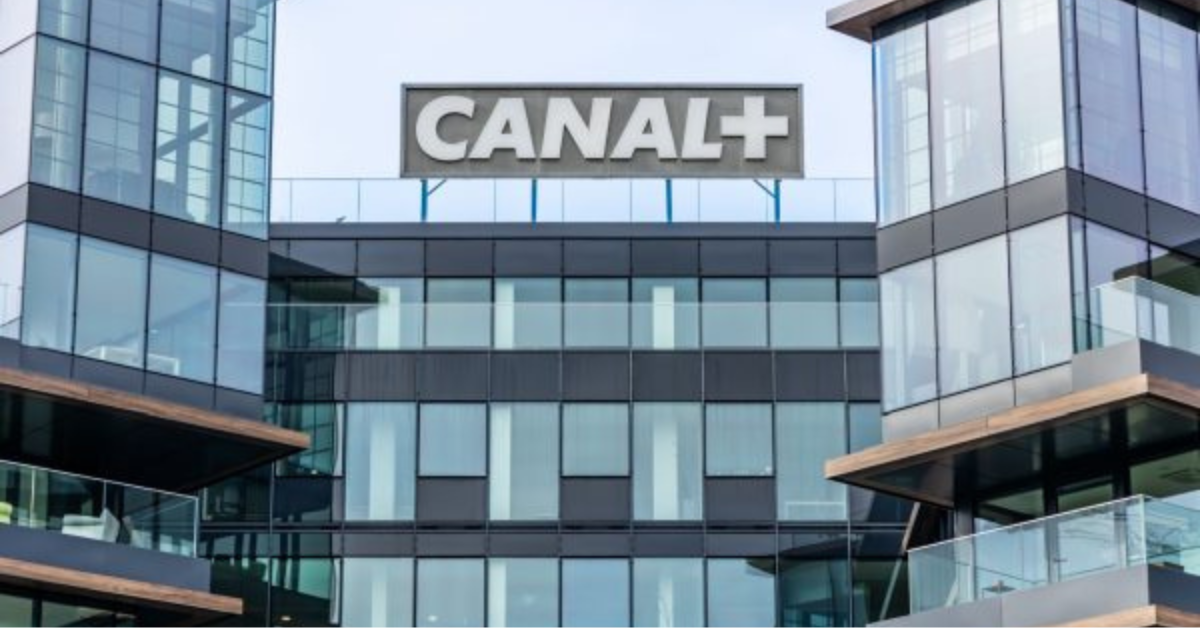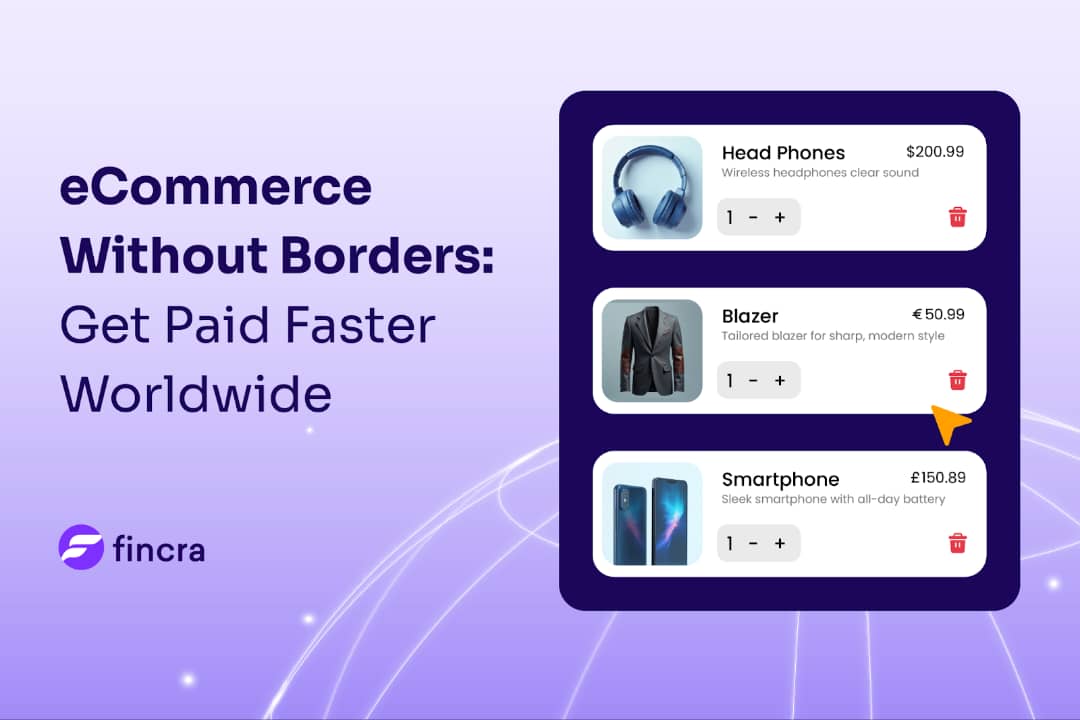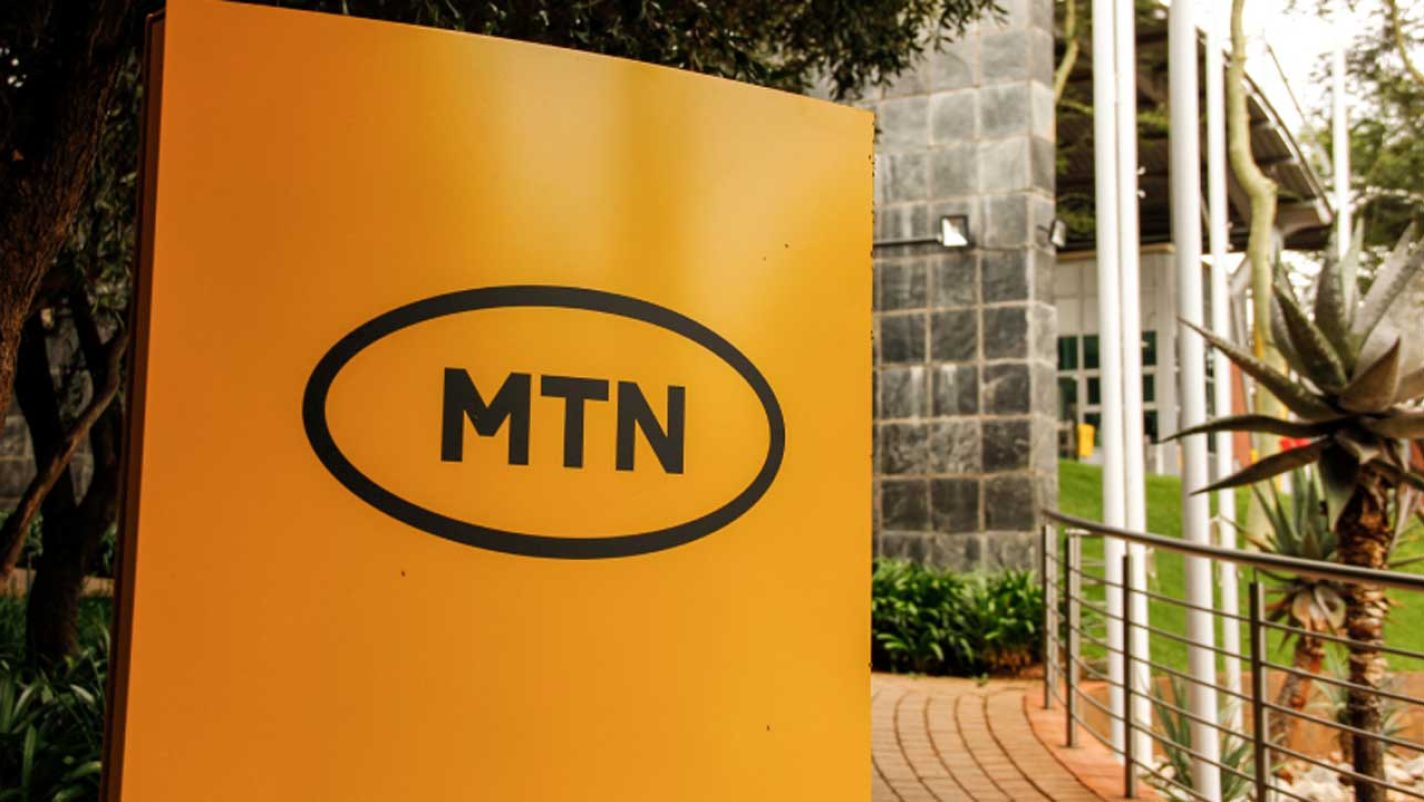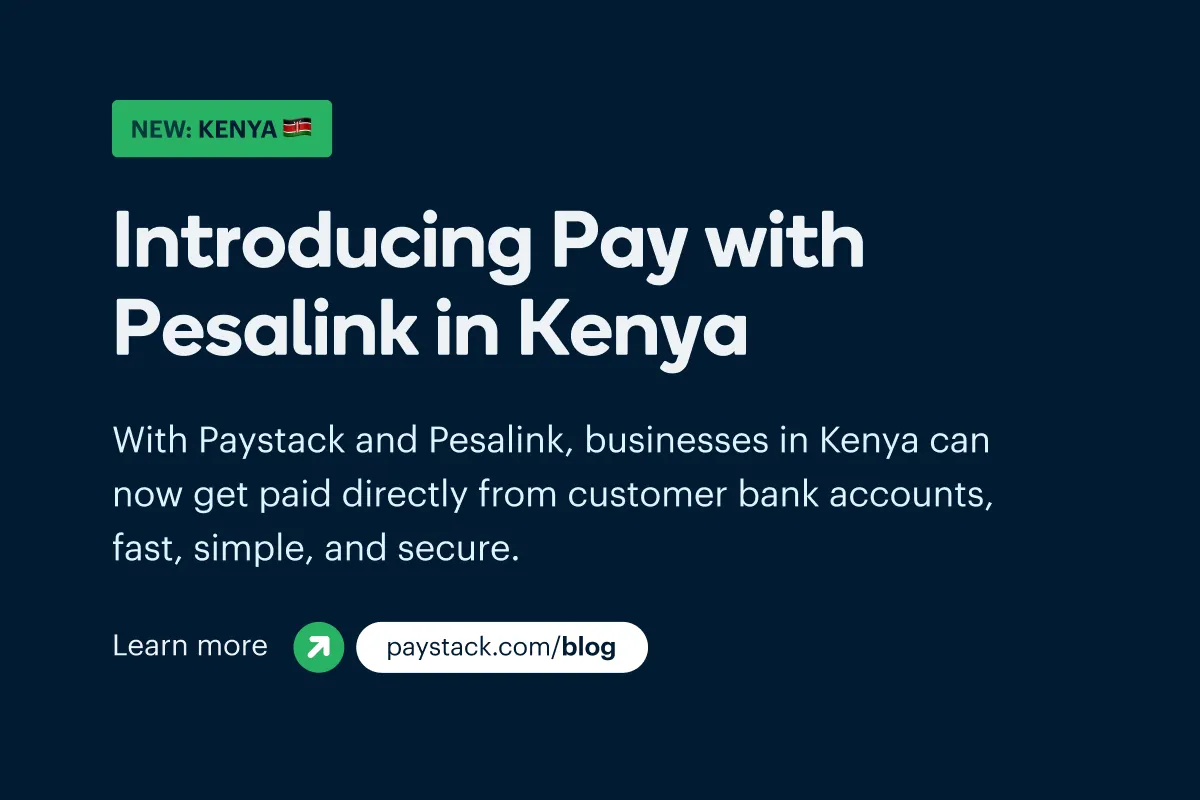- 👨🏿🚀TC Daily
- Posts
- MultiChoice, multicuts
MultiChoice, multicuts
Hot Take: Build with profitability in mind.


Good morning. ☀️
The much-talked-about Optasia debuted on the Johannesburg Stock Exchange (JSE) yesterday. It was a significant moment for a bourse that has been trying to attract more tech startups to list. Perhaps Optasia’s bell-ringing ceremony could be the catalyst it needs. The company is currently trading as Channel VAS Investments Ltd., under the ticker “OPA.” So far, it has issued over one billion ordinary shares and holds a market capitalisation of R23.94 billion ($1.37 billion). At Tuesday’s market close, a share sold for R19.38 ($1.1).
It’s a pretty long newsletter today. Let's dive in.
—Emmanuel

Streaming
Canal+ forces price cuts to save DStv in Kenya

MultiChoice Kenya is slashing decoder prices in a desperate bid to stop massive customer losses, a strategy being driven by its new French owner, Canal+.
The price cuts, which include the DStv Zapper down to KES850 ($6.60) and GOtv down to KES799 ($6.20), follow Canal+'s full acquisition of MultiChoice.
The context: MultiChoice is reeling from its toughest period, having lost over 6 million subscribers across Africa in under two years. The losses stem from:
- Cheaper competition from streaming services like Netflix and the company’s own Showmax.
- Frequent price hikes on pay-TV packages.
Canal+ is quickly stamping its mark with a new strategy focused on affordability and premium content. The decoder discounts are part of a wider effort—including a limited-time free access weekend to DStv Premium content and adding French Ligue 1 football to SuperSport—to lure back customers and compete with the crowded streaming market.
Zoom out: MultiChoice has lost a staggering 6 million subscribers across Africa in under two years. In Kenya, DStv and GOtv subscriptions dropped so sharply that they accounted for 77% of the country’s broadcasting market contraction.
The new plan: Canal+ is using price cuts and new content (like Ligue 1 football) to urgently lower the barrier to entry and re-engage a shrinking customer base before they fully switch to cheaper, more flexible competitors.
The move signals that the new parent company is prioritising aggressive action to save Africa’s largest pay-TV brand.
eCommerce Without Borders: Get Paid Faster Worldwide

Whether you sell in Lagos or Nairobi, customers want local ways to pay. Let shoppers check out in their local currency, using cards, bank transfers, or mobile money. Set up seamless payments for your global online store with Fincra today.
Clean-tech
Standard Bank pumps $40 million into New GX’s cleantech fund for Africa

Standard Bank has pledged R750 million ($40 million) in a major strategic equity partnership with Airnergize Capital, the clean technology platform owned by New GX Capital. The goal is to expand renewable energy and utility infrastructure across Africa rapidly.
The capital injection will primarily fuel Sustainable Power Solutions (SPS), a pan-African utility that develops, owns, and operates commercial and industrial (C&I) solar and battery storage systems across South Africa and other African markets.
The context: Airnergize Capital, founded by telecommunications veteran Khudusela Pitje of New GX Capital, launched earlier this year, aiming for a R4 billion ($200 million) final capital close. With Standard Bank’s commitment, plus an earlier R500 million ($28.5 million) investment from Nedbank CIB, the fund has now secured over R3.6 billion ($206 million) toward that target.
Zoom out: This partnership aligns with Standard Bank's broader sustainable finance goals, including mobilising R450 billion ($25.7 billion) by 2028 and achieving net-zero financed emissions by 2050. The investment reinforces the bank’s commitment to accelerating Africa's energy transition by supporting large-scale and decentralised clean-energy projects, providing a crucial funding boost to the continent's growing need for reliable power.
Paga is in USA

Paga is live in the U.S.! Whether you're in Lagos or Atlanta, manage your money effortlessly. Send, Pay, and Bank in both Naira and US Dollars, all with Paga. Learn more.
Telecoms
MTN Nigeria’s fintech business is doing numbers, but the story behind the numbers is the real gist

In the first nine months of 2025, MTN Nigeria pulled in ₦131.62 billion ($91.64 million), but most of that came from Xtratime, its airtime lending feature. It makes sense: with a subscriber base of 89.64 million, airtime credit has become a default safety net. It generates good money, but you can’t build a fintech kingdom on airtime credit forever, and MTN knows it.
The more interesting movement is in core fintech, services beyond airtime. Revenue there rose to ₦6.8 billion ($4.73 million), up 142.86% year-on-year. Yet, MoMo wallet adoption remains low, with only 2.9 million active users, about 3.2% of MTN’s base.
Meanwhile in Rwanda: MoMo tells a different story, with revenue up 30.2% year-on-year and 5.8 million active users. This was driven by the expansion of advanced services, including payments, remittances, and lending.
Every fintech for itself: Nigeria’s mobile money market is large and active, but deeply competitive. OPay and PalmPay continue to lead daily payments in the country. Telco-backed services like MTN’s MoMo and Airtel’s SmartCash, despite bigger subscriber bases, have struggled to convert SIM users into wallet users.
Now, every operator has its own strategy to win customers. Airtel is leaning on its agent networks and new digital capabilities, while MTN is focusing on what it terms ‘advanced services’ and high-value customers, while expanding its physical presence. Ultimately, MTN is focused on unlocking significant long-term value and advancing financial inclusion.
Paystack introduces Pay with Pesalink in Kenya!

With Pesalink and Paystack, businesses in Kenya can now get paid directly from customer bank accounts. Learn more here 👉
Features
Muktar daily dispatch 1

Senegal is the fifth West African country I’ve been to, and it feels nothing like the others I’ve visited. I’m not talking about the people, food, or culture—those are familiar—but the weather. It’s scorching hot in Somone; even a short midnight walk left me drenched in sweat.
Aside from the weather, it’s been a fantastic trip so far, and a visit to the Partech villa in Dakar has been a highlight. In case you don’t know Partech, it’s Africa’s largest venture capital firm, with nearly half a billion dollars raised to back startups across the continent.
I have always wanted to meet the Partech team in person, and one of my first questions was why they chose to base Africa’s biggest VC firm outside the continent’s traditional Big Four tech hubs. Tidjane Deme, Partech’s general partner, told me it was a strategic decision because it’s easier to branch out and invest across Africa from Dakar than from a Big Four tech hub, which might cloud their deal sourcing.
He’s understandably optimistic about Africa’s tech ecosystem, as you’d expect from someone deploying that much capital into it, and the numbers back him up. Over the past year, startup funding in Senegal has nearly doubled. Sidy Niang, a Senegalese founder, credits some of that momentum to Partech’s presence and support for the local ecosystem. Deme, on the other hand, thinks it’s down to Senegal's deep pool of impressive founders.
While it’s not news that development finance institutions (DFIs) are the biggest backers of African venture capital, one thing I’ve learnt on this trip is how actively large African VC funds are courting large commercial backers, like American pension funds.
The VC funds are taking what Deme calls “learning tickets”—smaller commitments that let fund-of-funds and institutional investors study the African tech landscape up close, with the hope that those small bets will mature into larger, long-term investments.
Another thing I learnt today is that it takes an average of three years to raise an African VC fund. Also, the rise of secondaries as an exit path can be traced to DFIs removing the restrictions on them.
It’s been a fun first day, and I’m still looking to meet more people in Senegalese tech. If this is you, please don’t hesitate to email me [[email protected]]
PalmPay is Showing Nigerians the Smarter Way to Bank

You deserve a banking experience you can count on. With PalmPay, reliability isn’t optional, it’s the standard. From free instant transfers to 24/7 support, we ensure your money moves fast when you need it to. Because smart banking starts with PalmPay. Learn more.
Hot Take
Profitability is the new growth, which means that a few years back, it was growth at any cost; now, it is growth at what cost. Startups need to mature to become businesses, and that priority was lost a few years back.
Now, I need everyone to understand that the unit economics, scale of cost, all these things matter on day one. If you cannot figure out how your business will be profitable in a certain timeline, you don’t have a business.
—Antil Atmaramani, partner at Antler
CRYPTO TRACKER
The World Wide Web3
Source:

Coin Name | Current Value | Day | Month |
|---|---|---|---|
| $102,118 | - 3.8% | - 17.30% | |
| $3,345 | - 7.44% | - 26.01% | |
| $0.08723 | + 10.84% | + 8.83% | |
| $157.97 | - 3.25% | - 31.53% |
* Data as of 06.23 AM WAT, November 5, 2025.
Opportunities
- The Breez Tech worldwide developer challenge is open to developers across Africa, with active communities in cities such as Lagos, Nairobi, Accra, Kampala, Johannesburg, Abuja, Douala, and Goma, among others. The competition invites participants to integrate Bitcoin into open-source apps using the Breez SDK – Nodeless for a share of the $25,000 prize pool and opportunities including residencies at DraperU and PlebLab. Submissions close December 16; inners will be announced in January. It's #TIME2BUILD. Register here.
- Every startup has a story worth hearing. My Startup in 60 Seconds by TechCabal offers founders a one-minute spotlight to share their vision, challenges, and achievements. Beyond visibility, it connects you to investors, customers, and Africa’s tech ecosystem. Apply to be featured or explore other TechCabal advertorial opportunities. This is a paid opportunity.

Written by: Zia Yusuf, Opeyemi Kareem, and Muktar Oladunmade
Edited by: Ganiu Oloruntade
Want more of TechCabal?
Sign up for our insightful newsletters on the business and economy of tech in Africa.
- The Next Wave: futuristic analysis of the business of tech in Africa.
- Francophone Weekly by TechCabal: insider insights and analysis of Francophone's tech ecosystem.
P:S If you’re often missing TC Daily in your inbox, check your Promotions folder and move any edition of TC Daily from “Promotions” to your “Main” or “Primary” folder and TC Daily will always come to you.

How did you find today's edition of #TCDaily? |


